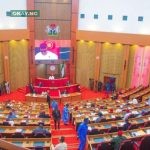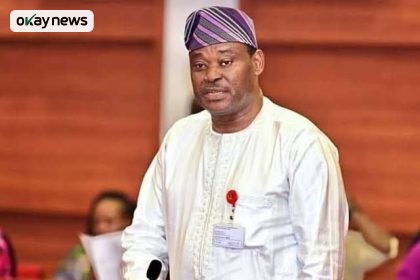The House of Representatives on Thursday rejected a bill proposing amendments to the 1999 Constitution to establish a single six-year term for the President, State Governors, and Local Government Chairmen.
The bill also sought zonal rotation of presidential and governorship seats and the simultaneous holding of elections on the same day.
Sponsored by Rep. Ikenga Ugochinyere (PDP-Imo) and 33 other lawmakers, the proposed legislation aimed to amend several sections of the 1999 Constitution, including Sections 76, 116, 132, and 136.
However, when the bill was subjected to a voice vote during plenary, it was rejected by the majority.
Key Provisions of the Rejected Bill:
- Single Six-Year Term: The bill proposed a single term of six years for the President, State Governors, and Local Government Chairmen, eliminating the current two-term system.
- Zonal Rotation: It suggested amending Section 132 to mandate that the presidency rotate between Nigeria’s North and South every six years, further subdividing the rotation among the three geopolitical zones within each region.
- Simultaneous Elections: The proposed amendments sought to hold all elections, including those for the President, Governors, National Assembly, and State Houses of Assembly, on the same day as determined by the Independent National Electoral Commission (INEC) in consultation with the National Assembly.
- Mid-Term Performance Review for Governors: Governors would be required to present a mid-term performance report to their respective State Houses of Assembly, which could trigger impeachment proceedings if deemed unsatisfactory.
Advocates’ Arguments:
The bill’s proponents argued that the amendments would foster inclusive governance, reduce electoral costs, and curb the disruptions caused by periodic elections every four years. They also highlighted the potential for political stability through zonal rotation of leadership.
Opposition and Rejection:
During the debate, some lawmakers expressed concerns about the feasibility of the proposed changes and their alignment with Nigeria’s political structure.
The bill failed to gain the required support when Speaker of the House put it to a voice vote, with the majority voting against it.







